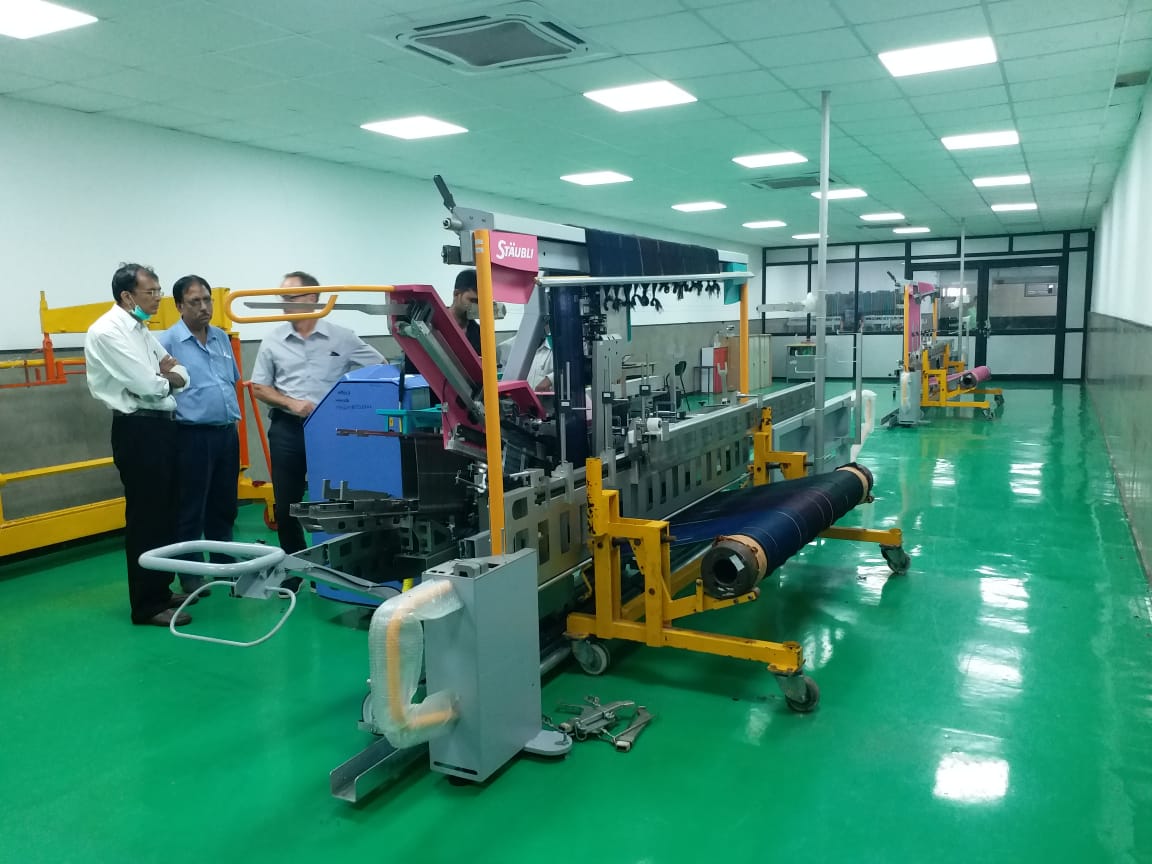Textiles Industrial Flooring

Textiles Industrial Flooring
Textiles industrial flooring is specially designed for the unique needs of textile manufacturing and processing facilities. It plays a crucial role in creating a safe, efficient, and productive work environment for textile industry operations. Here are some key characteristics of textiles industrial flooring:
-
Static Control: Textile production often involves the use of sensitive electronic equipment and materials that can be damaged by static electricity. These floors are typically equipped with antistatic properties to minimize the risk of electrostatic discharge.
-
Cleanliness and Hygiene: Maintaining a clean and hygienic environment is essential for textile production. Textiles industrial flooring is designed to resist staining, is easy to clean, and may have anti-microbial properties to prevent the growth of bacteria and fungi.
-
Durability: Textile manufacturing involves the movement of heavy rolls, machinery, and the constant flow of materials. The flooring must be durable and resistant to wear and tear.
-
Chemical Resistance: Textile processing may involve the use of various chemicals for cleaning, dyeing, and finishing. The flooring should be resistant to these chemicals to prevent damage and maintain its integrity.
-
Temperature Resistance: Textile facilities may have different temperature requirements for various processes. The flooring should withstand temperature fluctuations without warping or degrading.
-
Non-Slip Surface: Safety is a top priority. The flooring should have a non-slip surface, especially in areas where water or fluids may be present.
-
Customizability: Textiles industrial flooring may be available in various styles, colors, and textures to meet the aesthetic and functional needs of the facility.
-
Shock Absorption: In areas where machinery operates, flooring may have shock-absorbing properties to reduce fatigue and noise.
-
Ease of Installation: The installation process should be efficient to minimize downtime and disruptions to operations.
-
Sustainability: Some textile industrial flooring options may incorporate sustainable materials or be designed for easy recycling, contributing to environmental responsibility.
Textiles industrial flooring plays a vital role in ensuring a productive and safe working environment in textile manufacturing and processing facilities. It supports the unique needs of the industry, including static control, cleanliness, durability, and safety, while also meeting specific regulatory and compliance standards.




